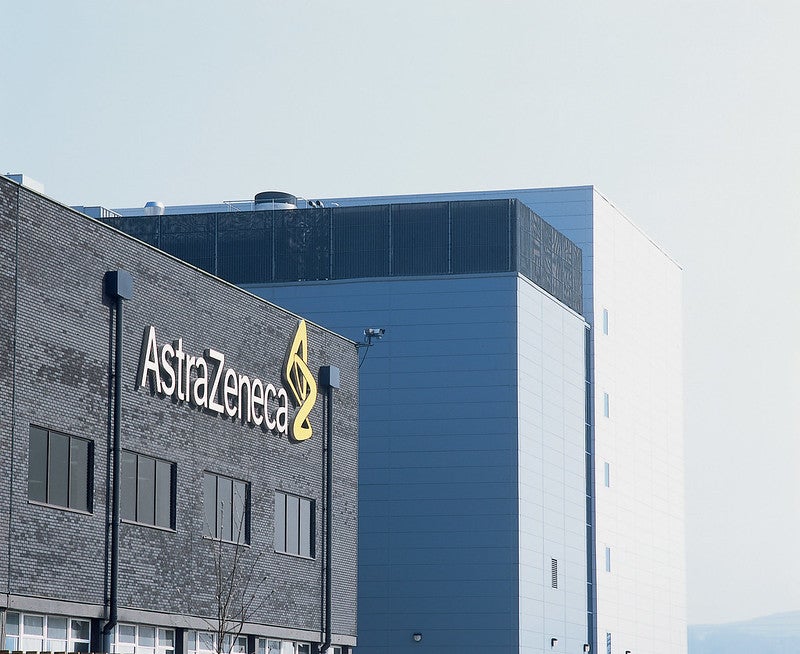
AstraZeneca has started dosing participants in a Phase I clinical trial of monoclonal antibody (mAb) combination therapeutic AZD7442 to prevent and treat Covid-19.
AZD7442 combines two mAbs obtained from Covid-19 convalescent patients. It was discovered by Vanderbilt University Medical Center and licensed to AstraZeneca in June this year.

Discover B2B Marketing That Performs
Combine business intelligence and editorial excellence to reach engaged professionals across 36 leading media platforms.
AstraZeneca optimised the mAbs with half-life extension and decreased Fc receptor binding. These mAbs are expected to provide at least six months of protection from the disease.
In preclinical testing in cell and animal models, the mAbs demonstrated ability to inhibit the binding of the SARS-CoV-2 virus to host cells and protect from infection.
Named NCT04507256, the randomised, double-blind, placebo-controlled, and dose escalation Phase I trial will investigate the safety, tolerability and pharmacokinetics of AZD7442 in healthy participants.
Funded by the US’ Defense Advanced Research Projects Agency (DARPA) and the Biomedical Advanced Research and Development Authority (BARDA), the study will enrol up to 48 participants aged 18 to 55 in the UK.

US Tariffs are shifting - will you react or anticipate?
Don’t let policy changes catch you off guard. Stay proactive with real-time data and expert analysis.
By GlobalDataResults from this first-in-human trial of the antibody combination are expected to be available in the second half of this year.
AstraZeneca BioPharmaceuticals R&D executive vice-president Mene Pangalos said: “This trial is an important milestone in the development of our monoclonal antibody combination to prevent or treat Covid-19.
“This combination of antibodies, coupled to our proprietary half-life extension technology, has the potential to improve both the effectiveness and durability of use, in addition to reducing the likelihood of viral resistance.”
If AZD7442 is successful in the Phase I trial, the company will advance it into larger Phase II and Phase III studies to assess its efficacy as a potential preventative and treatment option against Covid-19.
In June this year, AstraZeneca reported positive data from a case series involving its blood cancer drug Calquence (acalabrutinib) for the treatment of hospitalised patients with severe Covid-19.





